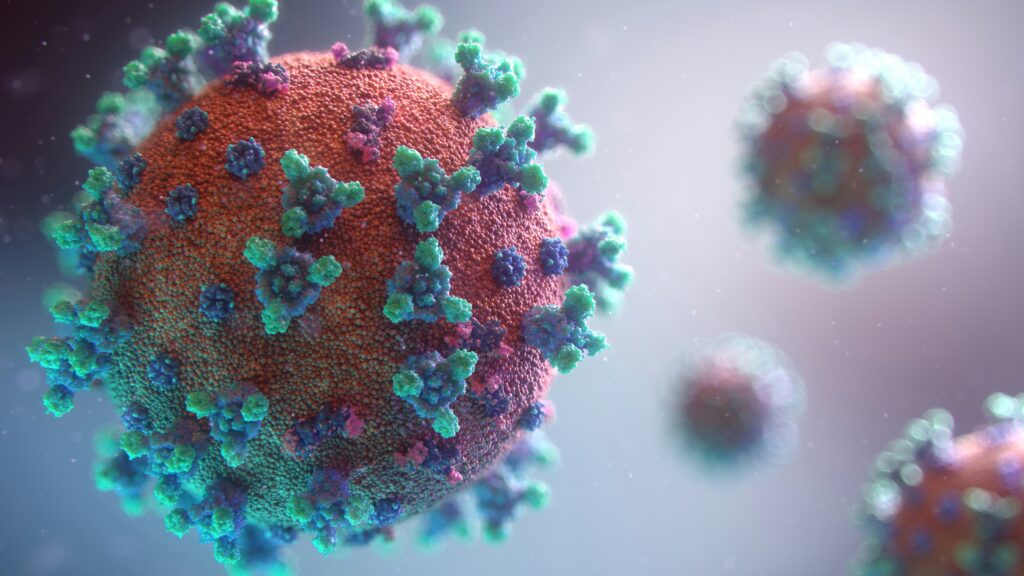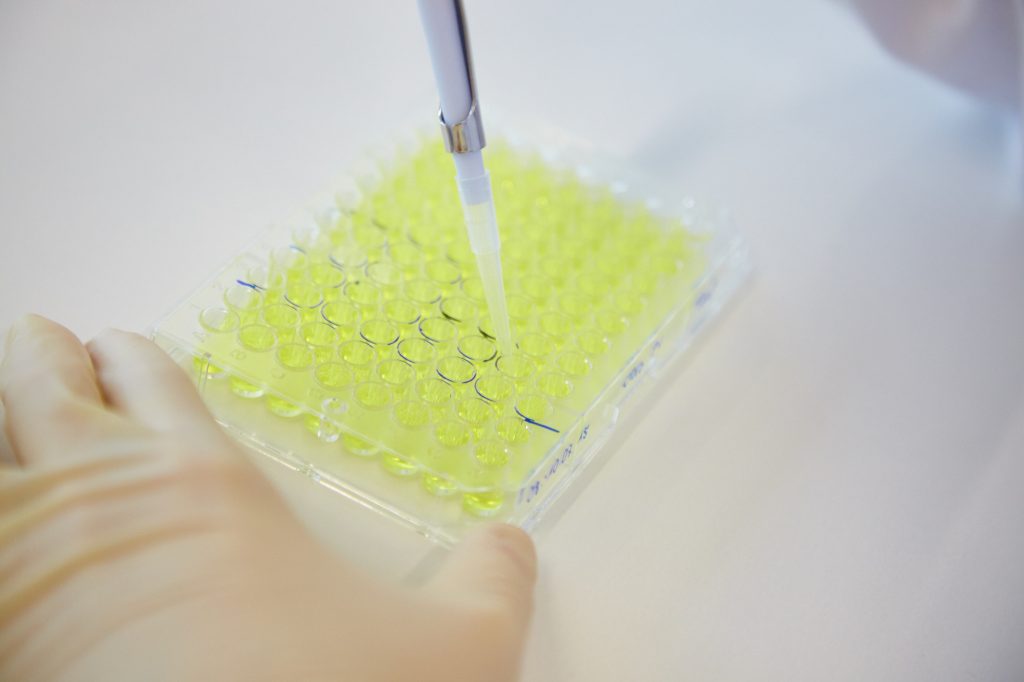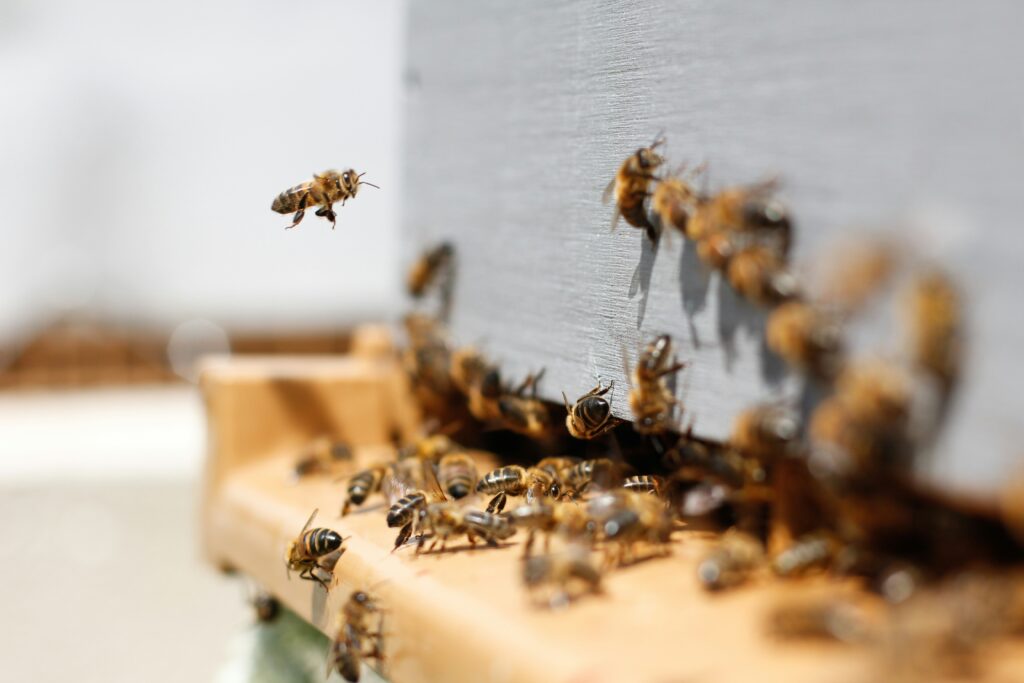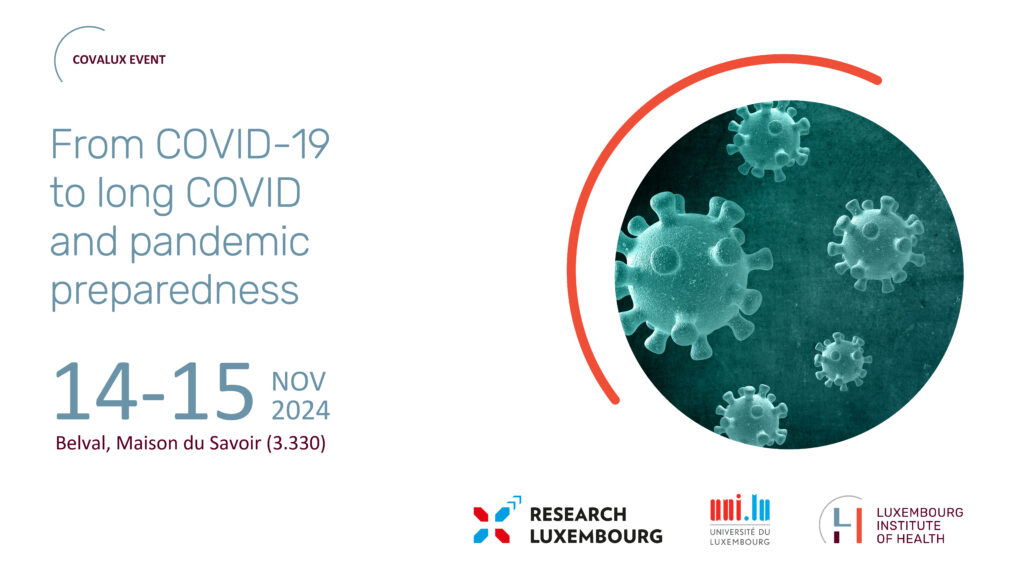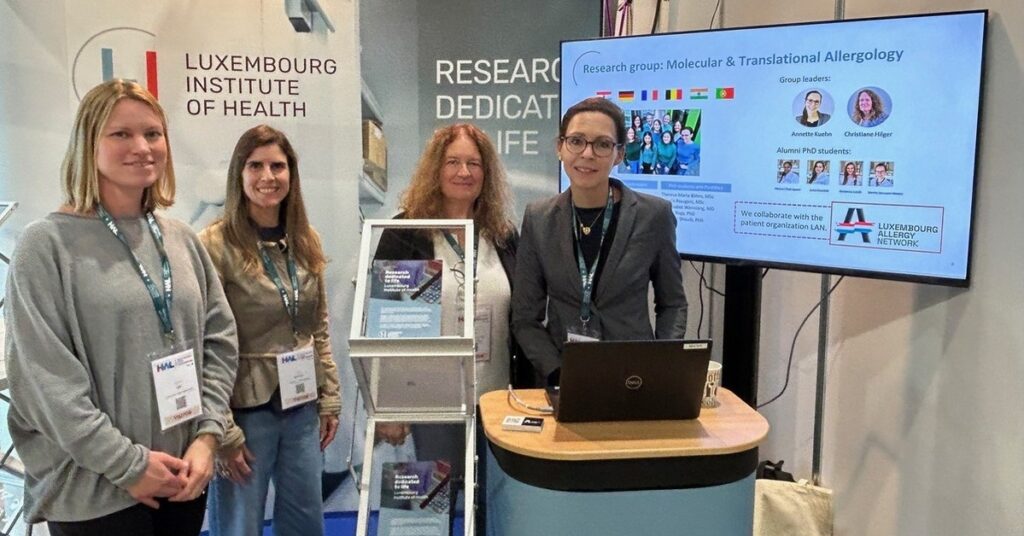News
DOT1L and Natural Killer cells: a winning duo against cancer
LIH research sheds light into the mechanisms of NK cell-mediated tumour control

In a recent study, Dr Sebastian Scheer of the LIH Department of Infection and Immunity (DII), in collaboration with Monash University, provided crucial insights into the role of the protein DOT1L in maintaining the function of immune system Natural Killer (NK) cells, thereby ensuring optimal tumour control. The findings, which were published in the prestigious journal Cell Reports, have significant implications for the understanding of NK cell activity, and could inform new approaches to preserve their tumour-killing function in NK cell-based cancer immunotherapy.
Natural killer (NK) cells are a subset of innate lymphoid cells (ILCs), and constitute a key component of the innate immune system. Specifically, they play a key role in the elimination of cancer cells through the production of an array of cytotoxic molecules, thereby keeping tumour growth at bay. In the tumour microenvironment, under high levels of molecules such as Tumour Growth Factor- β (TGF-β), NK cells can be converted into intermediary type-1 ILCs (intILC1), which display decreased tumour-killing abilities. Indeed, in the clinical setting, patients with acute myeloid leukaemia (AML) or chronic lymphocytic leukaemia (CLL) have increased frequencies of ILC1s, which show reduced production of IFN-γ and TNF, cytokines needed to induce an inflammatory reaction against cancerous cells.
The research team had previously demonstrated the role of a specific enzyme, namely the epigenetic modifier Disruptor of telomeric silencing 1-like (DOT1L), in regulating immune cell development and function. “We therefore sought to investigate the role of DOT1L in determining the function of NK cells specifically with regard to tumour control”, explains Dr Scheer.
By removing the Dot1l gene in NK cells, the researchers found that its absence resulted in the skewing of NK cells to intILC1 cells, which in turn led to altered immune responses to cytomegalovirus infection and impaired solid tumour control. “In essence, DOT1L acts as a gatekeeper of NK cell phenotype, function, and optimal tumour control, limiting NK cell conversion to intILC1”, says Dr Scheer. These findings have important clinical implications. Indeed, inhibitors of DOT1L are given systemically as a novel treatment to patients suffering from certain cancers such as leukaemia and retinoblastoma, as DOT1L has also been reported to be involved in DNA repair in malignant cells. “Our findings therefore bring forward the fact that using DOT1L inhibitors in cancer treatment may pose a significant risk to patients with regards to subsequent infections, as these molecules may reduce the antiviral and anti-cancer effects of NK cells”, he adds.
The research, published with the full title “DOT1L maintains NK cell phenotype and function for optimal tumour control”, was supported by the Luxembourg National Research Fund (FNR), the Fondation Cancer, the National Health and Medical Research Council (NHMRC) of Australia, as well as other international funders. It was carried out in collaboration with Monash University (Australia), the Centre for Experimental Immunology at the Lions Eye Institute (Australia) and the company oNKo-Innate Pty Ltd (Australia).
In parallel, Dr Scheer recently published a comprehensive review article in the renowned journal “Frontiers in Immunology”, providing an overview of the role of DOT1L across the immune system and of the implications on health and disease. The article confirms its critical role in governing a healthy immune system and its potential as a novel therapeutic target for immune-related diseases. “A deeper understanding of DOT1L’s immunomodulatory functions could therefore pave the way for innovative therapeutic approaches, which fine-tune the immune response to enhance or restore human health”, says Dr Scheer.
Looking forward, we now want to build on this knowledge to understand the role of all epigenetic modifiers like DOT1L in NK cells using novel in vivo screening techniques, thus identifying novel regulators of NK cell function. This will ultimately contribute to improving the effectiveness of NK cell-based cancer immunotherapy.
he concludes.

